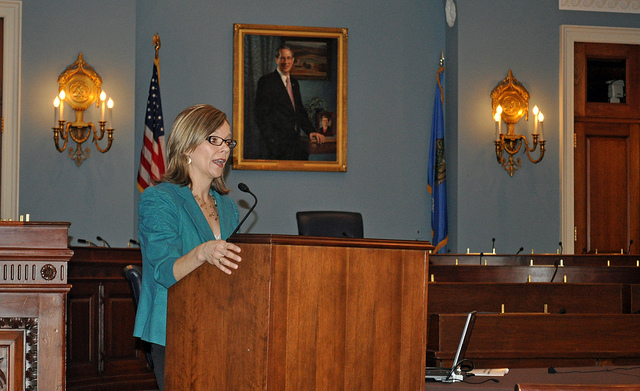The World Health Organization’s International Agency for Research on Cancer (IARC) recently released a report classifying processed meat as carcinogenic and red meat as a probable carcinogen. Shalene McNeill serves as the National Cattlemen’s Beef Association Executive Director of Nutrition Research. She is a nutrition scientist and registered dietitian. She was in France when IARC panel of experts were unable to reach consensus regarding red meat and processed meat and its connection to cancer. She said the recent decision by the international agency connected to the WHO is flawed at best.

“Well, this is a body of science that we’ve been taking a really close look at and the bottom line is the scientific evidence just simply does not support a causal association between any type of red or processed meat and any type of cancer," McNeill said. "And that’s based on the fact that about half the time the studies that we do see aren’t even positively associated. We also see that anytime associations are seen they are very weak in magnitude and we also see this body of evidence is weakening over time. So that doesn’t look like a sufficient link in anyway and for those reasons we just don’t believe the evidence supports a causal relationship.”
McNeill said it’s very important to understand how IARC actually came to the conclusions they released earlier this week. She said IARC usually provides a consensus view, but in this case they only reached a majority. McNeill said the conclusion in the report were made on observations of correlation, not causation.
“It shouldn’t be used to establish cause and effect,” McNeill said. “These are weak studies and that’s why we disagree with the conclusions that IARC has come to.”
In reviewing this IARC report, McNeill said as a registered dietician and as a mother she continues to feed beef and processed meat to her children as part of a healthy and balanced diet. Her advice isn’t changing. To reduce the risk of cancer, she recommends maintaining a healthy weight, getting physically active, eating a balanced diet and not smoking.
Click here to see more...